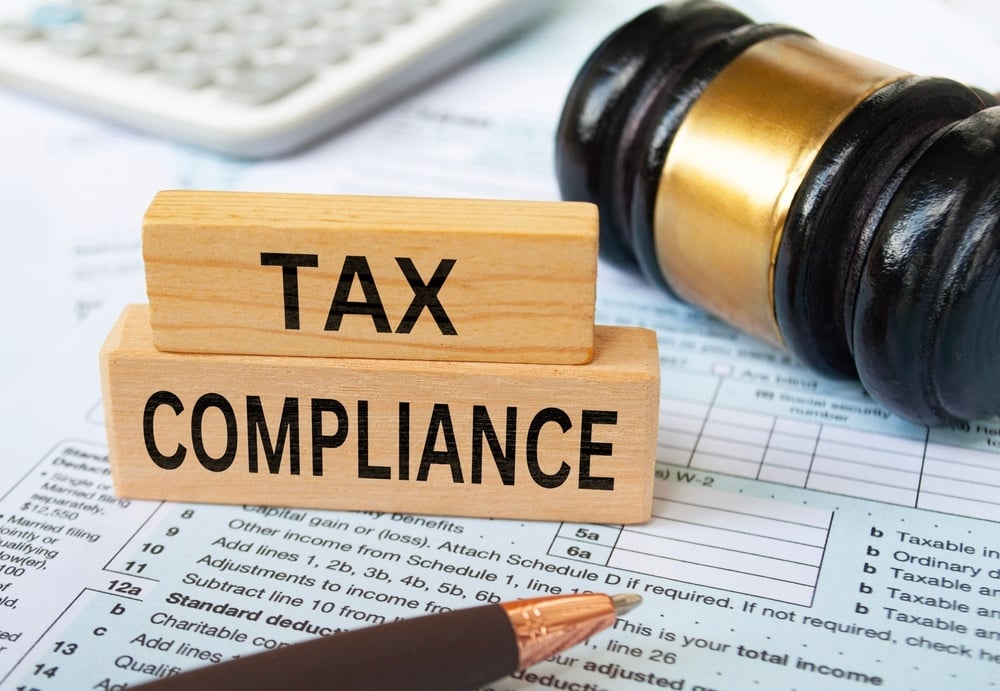Form 990 Review: What Nonprofit Boards Should Look For
Many in the nonprofit world know Form 990 as the all-important nonprofit tax form that details an organization’s activities and financial standing....
2 min read
Wei Wei & Co
:
Jan 8, 2025 8:00:00 AM

As the digital asset market grows, states are refining their approaches to taxing non-fungible tokens (NFTs). Washington recently issued comprehensive draft guidance on the taxability of NFTs, including their treatment under sales and use tax as well as business and occupation (B&O) tax laws. This new guidance supersedes the Department’s July 2022 interim guidelines and provides a more detailed framework for compliance.
Key Updates in Washington’s Draft Guidance
The new excise tax advisory (ETA) offers a deeper dive into the taxability of NFTs, addressing critical topics such as sourcing, bundled transactions, apportionment, royalties, and resale activities. It clarifies when a marketplace operator qualifies as a facilitator, even if they do not process payments. Additionally, it outlines detailed registration and reporting requirements for NFT marketplace facilitators and sellers. These requirements hinge on factors such as nexus and revenue thresholds.
Marketplace facilitators must report gross income from NFT retail sales under the retailing B&O tax classification. For NFT sales conducted on behalf of sellers, facilitators must report this income but may claim a deduction. However, deductions are not allowed for income from their own direct sales. Facilitators are also required to provide sellers with monthly reports on their Washington sales.
Similarly, NFT marketplace sellers must report gross revenue from retail sales (excluding resale activities) under the retailing B&O tax classification. While they may deduct revenue from sales handled by facilitators, they cannot deduct income from their own NFT sales. Both facilitators and sellers are responsible for collecting and remitting retail sales tax on direct sales sourced to Washington, subject to applicable exemptions.
Compliance Considerations for Marketplace Operators
Washington’s ETA introduces several compliance obligations for marketplace facilitators. These include:
The guidance emphasizes that businesses can be classified as facilitators even without processing payments, requiring tax remittance despite not handling transaction funds. This classification introduces new challenges for companies operating in NFT marketplaces.
The Importance of the ETA for Taxpayers
While the ETA provides a more structured approach to NFT taxation, it remains a draft without an effective date. Taxpayers are advised not to rely on it to compute liabilities. Instead, businesses are encouraged to request binding tax rulings for their specific operations. The examples provided in the ETA, particularly regarding Washington’s use tax, are more detailed and informative than the interim guidance, offering valuable insights for businesses preparing for final regulations.
Looking Ahead: Broader Implications
Washington’s comprehensive guidance on NFT taxability reflects the evolving regulatory landscape for digital assets. Other states are likely to reference this framework as they develop or refine their own rules for taxing NFTs and similar digital transactions.
Businesses operating in multiple jurisdictions should prepare for increased scrutiny and potential compliance obligations as state-level policies evolve.
How WEI, WEI & CO., LLP Can Help
At WEI, WEI & CO., LLP, we specialize in providing comprehensive tax services to help businesses stay compliant and optimize their tax strategies. Whether you’re managing marketplace operations, analyzing revenue thresholds, or preparing for evolving regulations, our team is here to guide you every step of the way.
Visit our Tax Services page to learn how we can assist your business in addressing emerging tax challenges.

Many in the nonprofit world know Form 990 as the all-important nonprofit tax form that details an organization’s activities and financial standing....

Effective January 1, 2024, U.S. and foreign entities doing business in the U.S. may be required to disclose information regarding their beneficial...

State and local tax (SALT) credits and incentives are valuable tools for optimizing a company’s tax strategy. However, ensuring compliance with these...